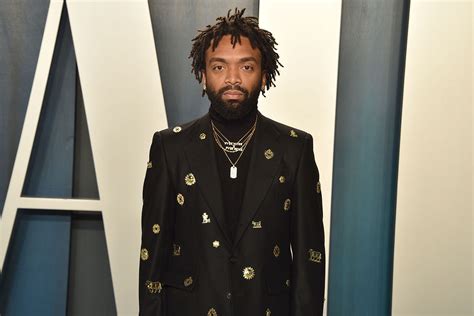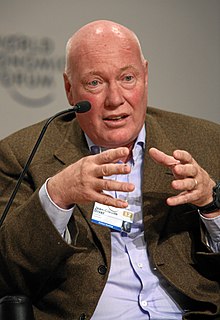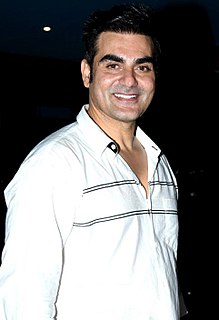A Quote by John Tiffany
I'm fascinated to see how 'Black Watch' connects with an American audience.
Related Quotes
I think people respond to truth. 'Straight Outta Compton' made $60 million over the weekend, right? That's not just a black audience. 'Empire' grew every single week. That's not just a black audience. Black culture is American culture, you know what I mean? They're becoming more and more one in the same.
No, I’m not an American. I’m one of the 22 million black people who are the victims of Americanism. One of the … victims of democracy, nothing but disguised hypocrisy. So, I’m not standing here speaking to you as an American, or a patriot, or a flag-saluter, or a flag-waver - no, not I. I’m speaking as a victim of this American system. And I see America through the eyes of the victim. I don’t see any American dream; I see an American nightmare.
It's so important to create roles and characters and projects that feature black people in a way that's not specifically targeted toward the niche market, which is, like, a black movie is created and it's produced and pitched so that only black people will watch it ... I want to see dynamic characters and roles that everyone wants to watch.
I'm watching the show and I'm watching the audience watch the show. Because once you leave the rehearsal room, you have space and you can see it. You can watch them watch it. You can't see your work, really, until you're in the theater. You have no perspective. That's not part of my job, to go, "Oh my God, they're so brilliant." I'm not required to swoon.
There is a problem in America. An Irish or Polish American can write a story and it's an American story. When a Black American writes a story, it's called a Black story. I take exception to that. Every artist has articulated to his own experience. The problem is that some people do not see Blacks as Americans.






































